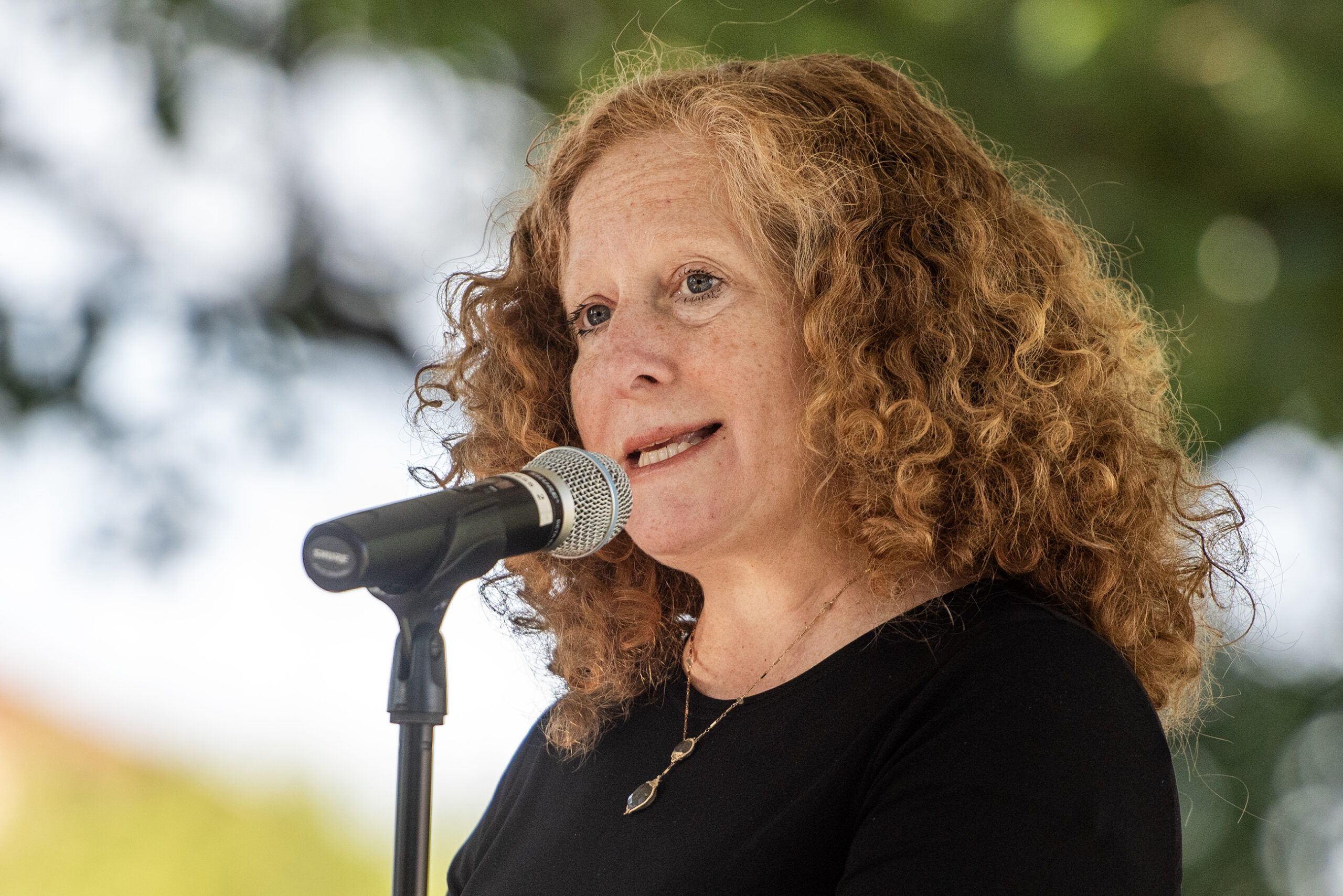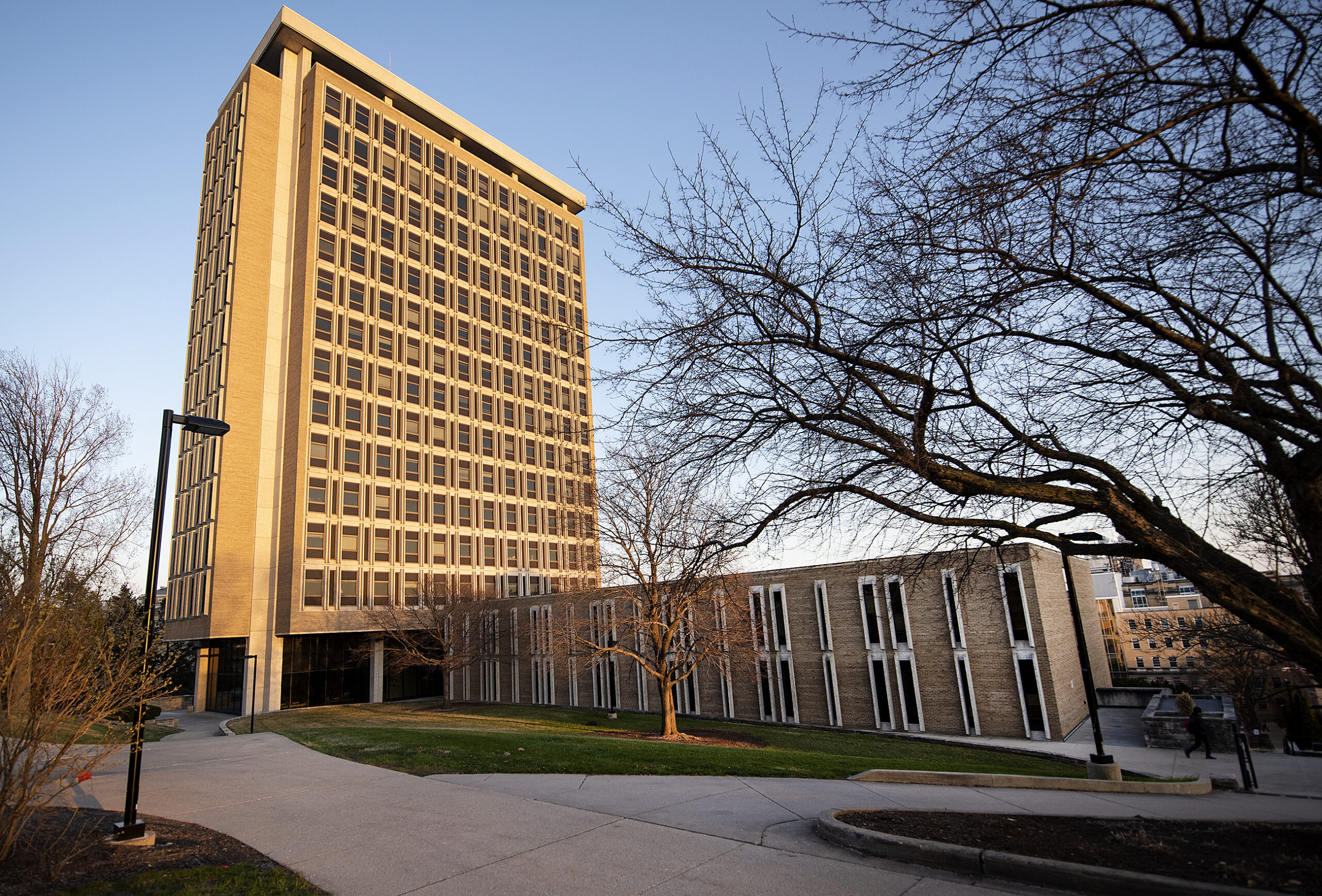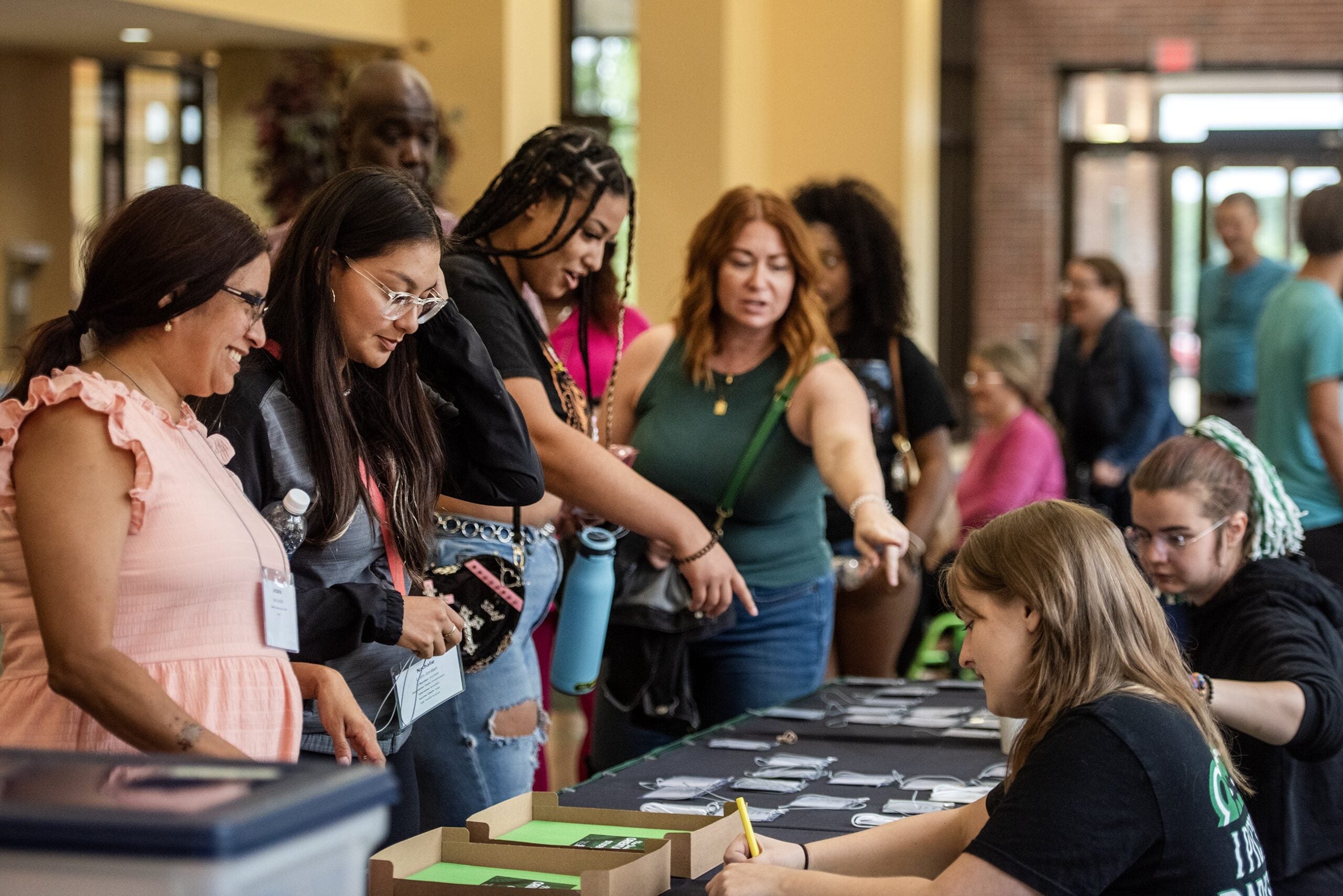University of Wisconsin System campuses are scurrying to figure out the implications of President Donald Trump’s executive order banning citizens from seven majority-Muslim countries from entering the United States over the next 90 days.
Around 130 students at UW campuses may be affected by the order, UW System spokeswoman Stephanie Marquis wrote in an email Monday. Countries affected by the immigration ban include Syria, Iran, Iraq, Somalia, Libya, Sudan and Yemen.
The executive order has sparked a flurry of questions and concerns for international offices on campuses across Wisconsin.
Stay informed on the latest news
Sign up for WPR’s email newsletter.
Mark MacLean, director of UW-Superior’s Office of International Programs, said only one of the university’s 215 international students may be affected by Trump’s executive order.
MacLean and other campuses have been utilizing guidance from the Association of International Educators (NAFSA) that advises citizens of the seven countries not to travel outside the U.S. in the next 90 days.
“We obviously are concerned how the recent actions by the administration are being perceived elsewhere,” MacLean said.
UW-Superior Chancellor Renee Wachter said she fears the order could send a message to current and prospective international students that they’re not valued.
“(We) want to make sure that students understand that the administration’s policies (are) not reflective of the way that our campuses view the value that those international students bring to our campus communities,” Wachter said.
In a prepared statement, UW System President Ray Cross said all students are important to the future of the state and the nation.
“A key part of our university culture is that we respect the rights of individuals – and that different ways of thinking are encouraged, supported and celebrated,” wrote Cross. “Immigration policy is extremely important to higher education, and we will closely monitor any developments and share information with our campuses as it becomes available.”
Meredith McGlone, spokeswoman for UW-Madison, said at least 88 faculty and students may be affected by the immigration ban.
UW-Madison Chancellor Rebecca Blank released a prepared statement Monday. Blank joined the Association of American Universities, the Association of Public and Land Grant Universities and other higher education institutions as they called on the Trump administration to reconsider the order.
“She’s calling on our leaders to search for a balanced approach that does not weaken our higher education system, the competitiveness of our economy and the core principles of our democracy,” McGlone said. “We’re monitoring the situation closely, and we’re communicating directly with and providing information and support to our international students, faculty and staff who are potentially affected by this order.”
In the statement, Blank said UW-Madison would not provide information on the immigration status of students or participate in immigration enforcement unless required by law.
Cross also advised students to inform their families of the immigration ban and carefully consider any travel plans outside the U.S. He urged anyone traveling abroad to notify U.S. embassies and the embassy for the country of their destination.
Wisconsin Public Radio, © Copyright 2024, Board of Regents of the University of Wisconsin System and Wisconsin Educational Communications Board.





